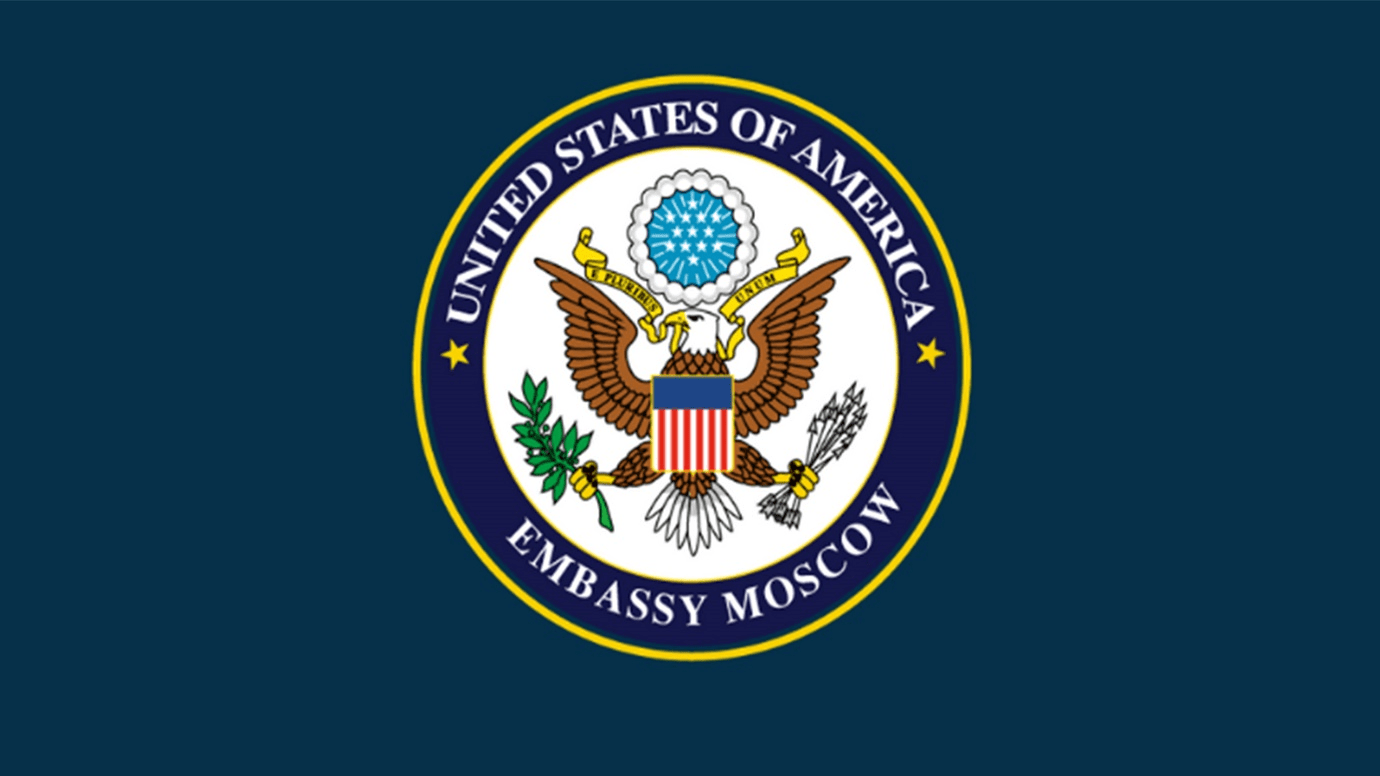
Why Skills-First Leadership Is Replacing the Ivy League Playbook in the C-Suite
The old prestige pyramid—where Ivy League degrees and blue-chip consulting backgrounds paved the way to the CEO seat—is cracking.

March 01, 2022: On Monday, The State Department announced it suspended operations at its embassy in Minsk, the capital city of Belarus, and greenlit the voluntary departure of non-emergency members and their families from the U.S. embassy in Moscow, Russia.
“We took these steps due to security and safety issues stemming from the unprovoked and unjustified attack by Russian military forces in Ukraine,” Secretary of State Antony Blinken said in a statement.
The Biden administration’s actions mark the latest erosion of diplomatic ties with the Kremlin, which has been condemned by much of the international community and hit with crippling sanctions over its military aggression in Ukraine. The Alexander Lukashenko regime in Belarus, which borders Ukraine and is closely allied with Russian President Vladimir Putin, has also been sanctioned, most recently by the European Union.
Earlier Monday morning, talks between Russian and Ukrainian delegations began at the Ukraine-Belarus border. According to Ukraine’s Defense Ministry, the two countries agreed to meet with no preconditions.
Blinken’s statement said the U.S. had “authorized the voluntary departure (‘authorized departure’) of non-emergency employees and family members” from the embassy in Moscow.
“The Department of State continually adjusts its posture at embassies and consulates throughout the world in line with its mission, the local security environment, and the health situation,” Blinken said.
“We ultimately have no higher priority than the safety and security of U.S. citizens, and that includes our U.S. government personnel and their dependents serving around the world,” he said.

The old prestige pyramid—where Ivy League degrees and blue-chip consulting backgrounds paved the way to the CEO seat—is cracking.

Loud leaders once ruled the boardroom. Charisma was currency. Big talk drove big valuations.

But the CEOs who make history in downturns aren’t the ones with the deepest cuts

Companies invest millions in leadership development, yet many of their best executives leave within a few years. Why?

The most successful business leaders don’t just identify gaps in the market; they anticipate future needs before anyone else.

With technological advancements, shifting consumer expectations, and global interconnectedness, the role of business leaders

Following a distinguished Law Enforcement career Joe McGee founded The Securitatem Group to provide contemporary global operational specialist security and specialist security training products and services for private clients, corporate organisations, and Government bodies. They deliver a wide range of services, including complete end-to-end protection packages, close protection, residential security, protection drivers, and online and physical installations. They provide covert and overt investigations and specialist surveillance services with a Broad range of weapons and tactical-based training, including conflict management, risk and threat management, tactical training, tactical medicine, and command and control training.

Jay Wright, CEO and Co-Owner of Virgin Wines infectious energy, enthusiasm, passion and drive has been instrumental in creating an environment that encourages talent to thrive and a culture that puts the customer at the very heart of every decision-making process.

Fabio de Concilio is the visionary CEO & Chairman of the Board at Farmacosmo, a leading organization dedicated to mental health and community support services. With a deep commitment to identifying and meeting customer needs, Fabio ensures that high standards are maintained across the board.

Character Determines Destiny – so said Aristotle. And David CM Carter believes that more than anything else. For David, it has been numerous years of research into codifying Entelechy Academy’s 54 character qualities that underpin everything he stands for as a leader and teacher.


Leave us a message
Subscribe
Fill the form our team will contact you
Advertise with us
Fill the form our team will contact you